I’m a chef — if you think you’re struggling to make ends meet, try running a restaurant nowadays
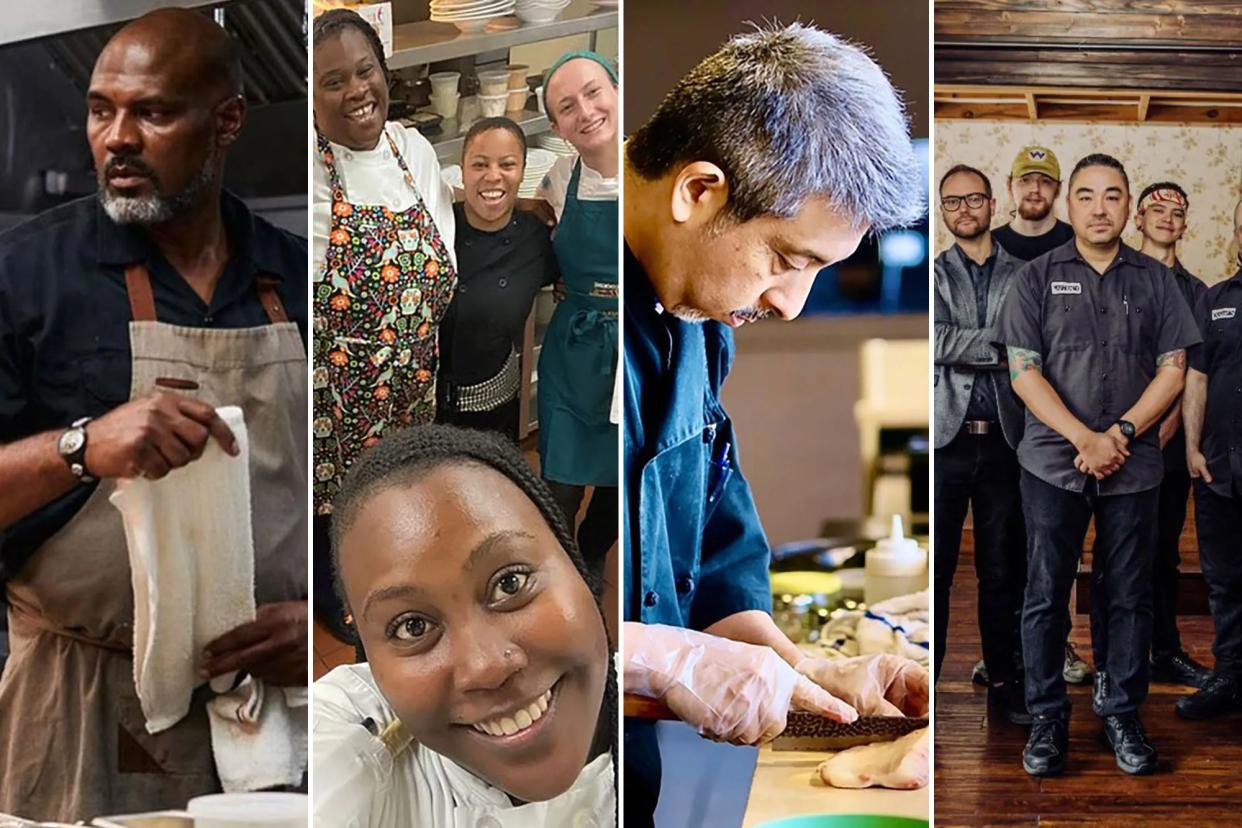
Pandemic, inflation, wage mandates — over the last decade, running a restaurant has become one of the more challenging jobs in the country.
And it shows, too — dining out in many places around the United States, New York included, has gone from standard practice to pricey privilege.
What gives? What does the future hold? The New York Times interviewed 30 chefs from across the country, specifically selected for how well they’ve navigated the current, often downright hostile climate, managing to still deliver exciting food and exacting standards of service for diners.
From frustration over food costs and tipping practices to why they choose to pass the cost of health insurance on to diners —not to mention why some of them don’t like diners all that much to begin with — here were their often surprising responses.
No need to complain about the cost of an entree — we know
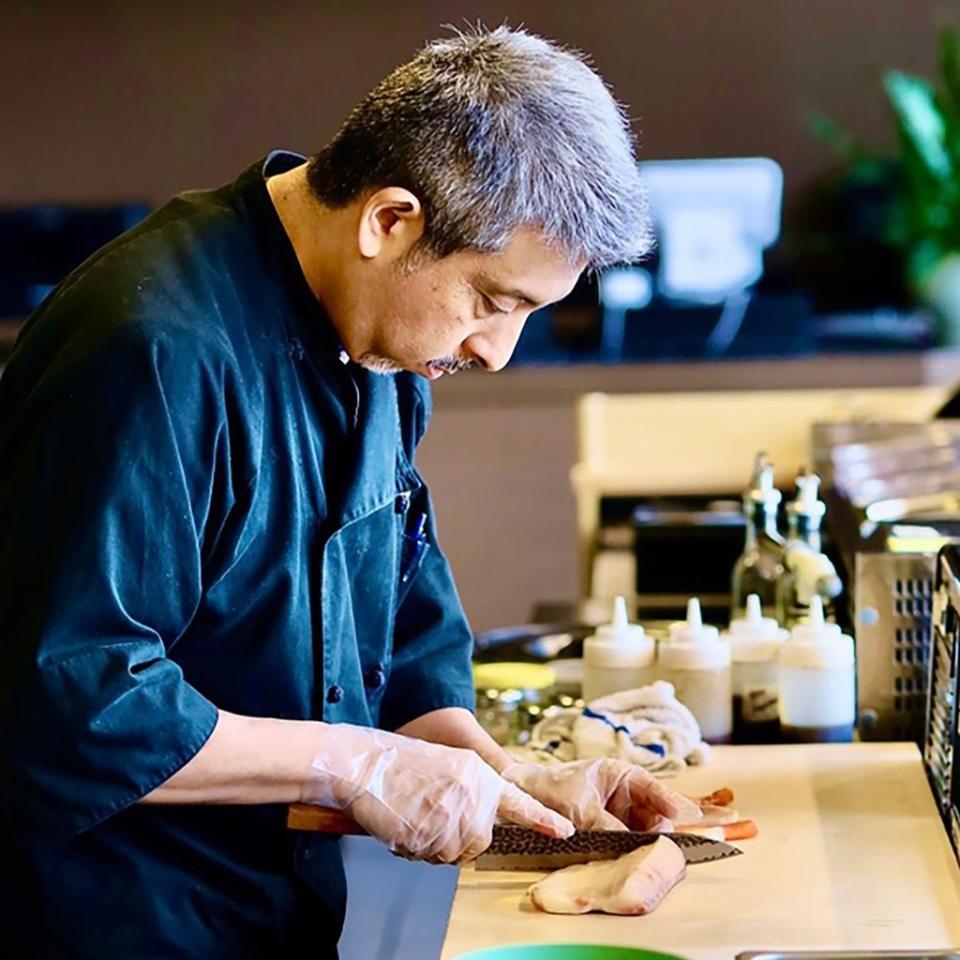
“People don’t understand how much work it takes to make something from scratch. Like miso soup. They come in and say, “Miso soup is miso soup. Why does it cost $5?” Oh my God, people bitch. But we save all the bones from cutting the fish for the sushi bar, all the vegetable bits that we would throw away, and we use them to make stock. It takes five hours for just that one dish, and then people bitch about spending $5 when that’s how much they pay for coffee? Come on. — Hajime Sato, Sozai, Clawson, Mich.
“People who say food is overpriced, sometimes I want to say back, ‘You have Nikes on your feet, and they’re charging a 1,000 percent markup.’” Nobody says that a pair of Jordans are overpriced or an Hermès bag is overpriced when it costs them pennies on the dollar to produce. And that does nothing to keep you alive or have jobs in your community and a place to celebrate your birthday or anniversary.” — Geoff Davis, Burdell, Oakland, Calif.
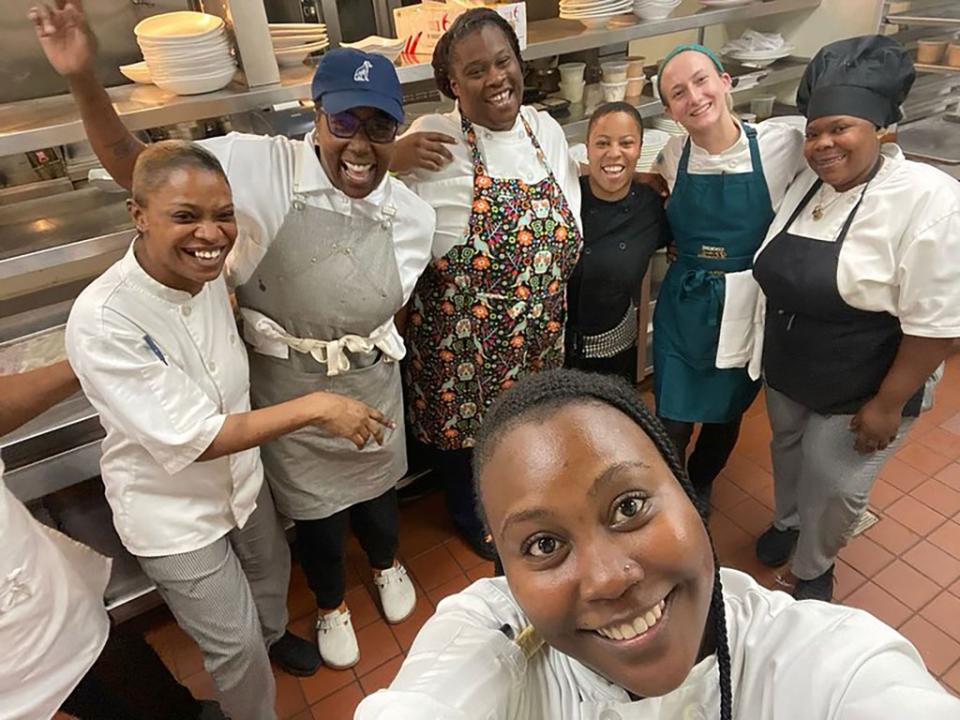
We have a whole sweet potato on the menu, and people complain how much it costs. There are 13 people in this kitchen. Every single one of them cooked this sweet potato, or they cleaned the Swiss chard, or they diced the apples, or they washed out the sink. I need to charge you for this. I’m sorry. — Mashama Bailey, The Grey, Savannah Ga:
“With all of the price increases, we still can’t claw back enough to provide me a retirement. I can’t stand on the line 12 hours a day when I’m 65. I already own a back brace, arm brace, foot brace. I feel like the broken Iron Man, just trying to hold it all together. At my age — I’m 42 — you need to get into management. You need to be off the line. Stop cooking. If you haven’t developed an escape plan, you’re going to be stuck doing this forever.” — David Utterback, Yoshitomo, Omaha
“You need to make a certain amount of money per seat. So if you have $40 or $50 entrees and you have a $19 burger, and a third of the people get the burger, you’re losing a huge amount of money. New people will come try you out if they know that there’s a burger. But if 50 people a night are making that choice, you’re cannibalizing yourself.” — Geoff Davis
Nobody likes tipping and paying service fees (but do it anyway)
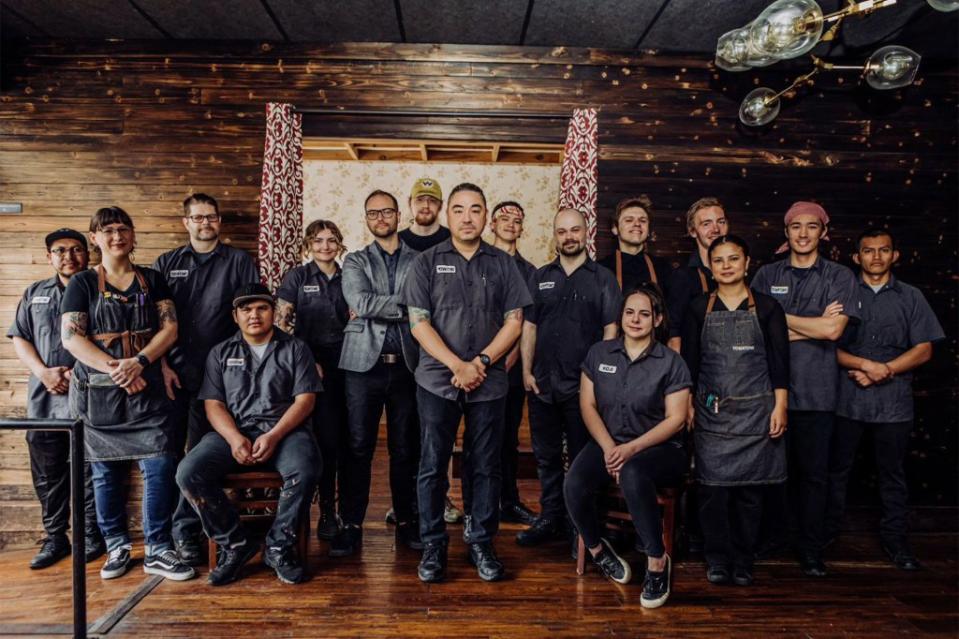
“Once upon a time, I was an essential worker, right? And everyone was tipping so graciously and saying the restaurant is the backbone of our economy. And now, just three and a half, four years later, we’re back to everyone complaining about a dollar tip on a touch-screen. Nobody likes tipping. It sucks. It’s a stupid practice.” — Eric Huang, Pecking House, New York City
“You want to control someone’s pay because you didn’t feel like your water got filled fast enough, or your food took a long time to come out? It should be just like anything else: The price is the price.” — Geoff Davis
“Tipping we can’t really change. It’s an established business. If we stopped and went to pooling, we would open ourselves up to litigation.” — Tandy Wilson, City House, Nashville
“I don’t think health insurance should be something as an operator that we need to do. That is such a larger issue that this country should offer. But what am I going to do, not offer it and not care about my employees? So we offer health insurance. We put a line on the check — 3 percent comes from the customer, so that counts as income and we have to pay tax on it. And you know who that’s a win for? The health insurance companies.” — Diana Dávila, Mi Tocaya, Chicago
Fine, maybe we don’t like you either
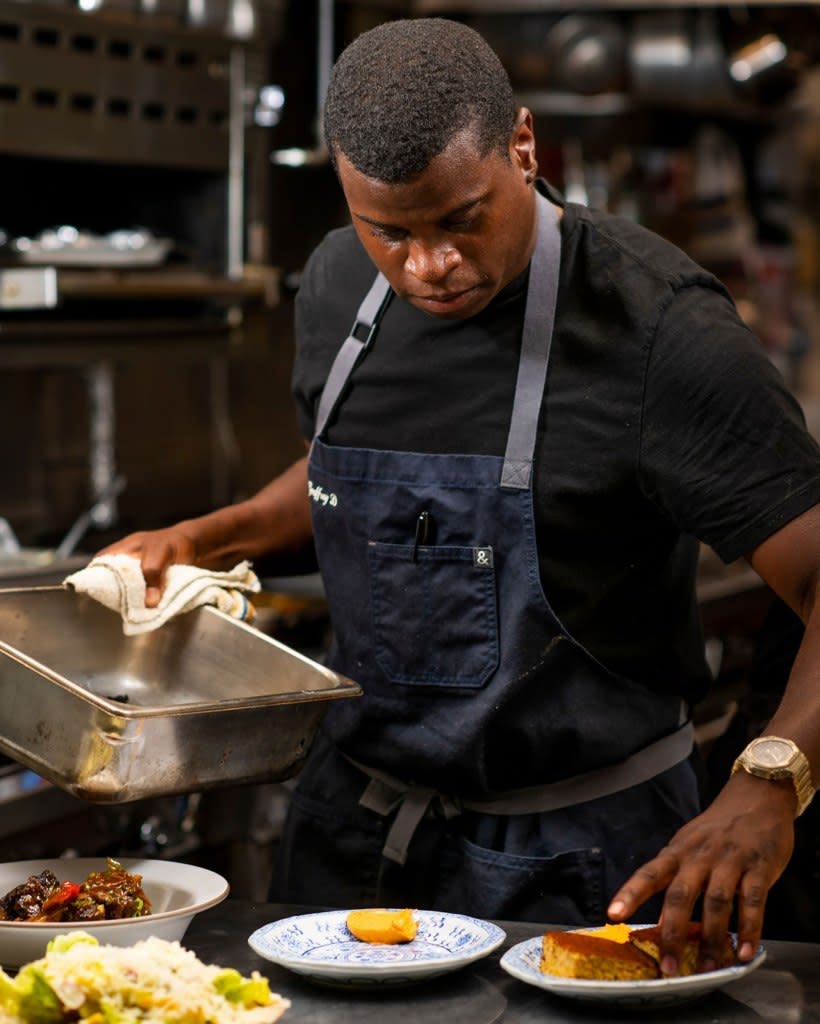
“The mentality was either you’re going to play ball or you’re going to get chewed up. I endured the abuse, and after a couple months, I started dispensing it. I actually have a little bit of a bad rap for being a little mean to customers sometimes. Someone compared the duck that they thought was undercooked to a Jeffrey Dahmer experience. And I schooled this woman like I’ve never schooled anyone. I got a note from Resy, because I think she emailed about it. But I don’t care, honestly.” — Ana Castro, Lengua Madre, New Orleans
“I thought people would be a bit more understanding, but it seems like we’re just right back to where we were before. They just want their food. They want their drinks. They want their vibes. I’ve gotten to the point where I don’t really care. It doesn’t really matter to me, because at the end of the day, I know that everyone on my team did everything in their power, what they were supposed to do.” — Shenarri Freeman, Ubuntu, Los Angeles
“I think guests have become a lot less kind and understanding of the inevitable mistakes. People are very entitled and upset when things aren’t going their way. I want to say: “Do you remember 2019? This is normal. A small group of human beings is trying to provide service to everybody, not just you.” — Geoff Davis
